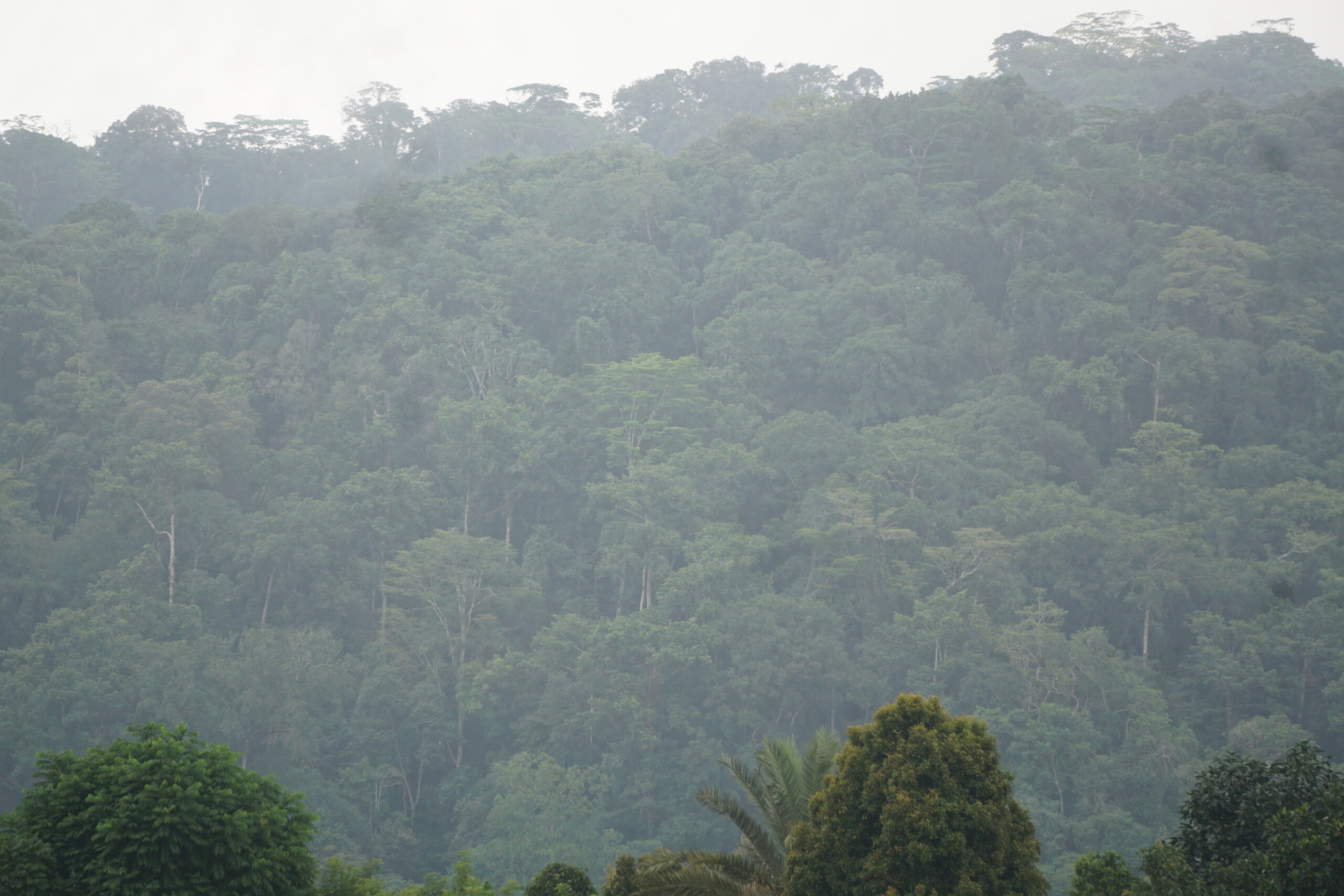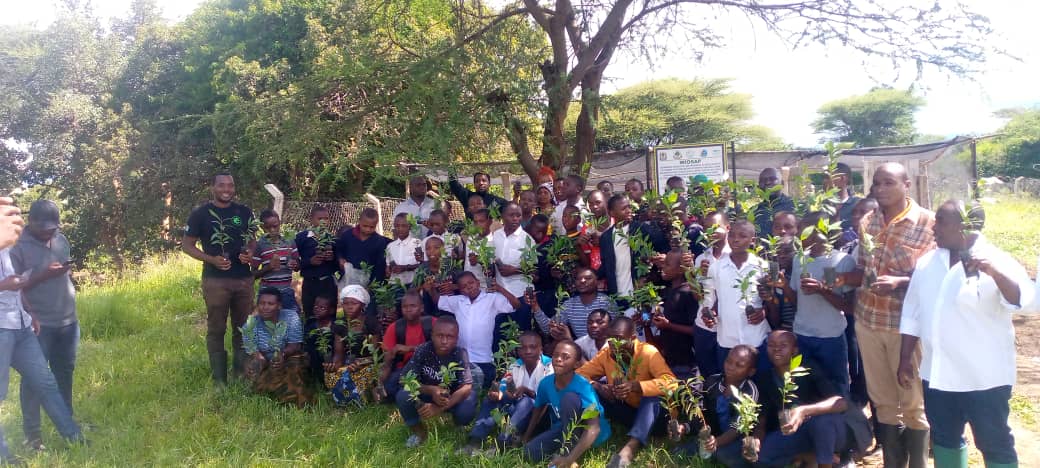The presence of forests influences the availability of pangolins and their survival rate, as forests provide a suitable habitat for some pangolin species such as the Giant Ground Pangolin and White-bellied Pangolin. Forests offer pangolins shelter and protection, as they are terrestrial animals with small body sizes, making it difficult for them to defend themselves from predators. Therefore, forests serve as a shield of protection for them.
Forests provide a favorable habitat that attracts pangolins, including White-bellied Pangolins, which are tree climbers, thereby increasing their survival rate as they utilize trees for feeding, resting, and breeding in tree holes or cavities. Moreover, the availability of suitable habitat influences the presence of food that pangolins prefer, such as a vast array of termite and ant species. Additionally, forests play a crucial role in providing water, which is essential for the survivability of pangolins.

Forests also reduce human interference, allowing pangolins to hide, blend, or camouflage with the forest environment, making it challenging for them to be easily spotted. This is significant as the presence of forests can mitigate poaching pressure. It is imperative for communities surrounding forested areas to receive awareness education to prevent deforestation and reduce risks that may accelerate the extinction rate of these beautiful creatures.

On World Forest Day, we commemorate the fact that African Giant Ground Pangolins and White-bellied Pangolins are among the mammals that prefer forest habitats. Although these species are found in Tanzania, they are endangered due to poaching, habitat loss, and cultural factors. The Tanzania Research and Conservation Organization (TRCO) is joining forces with people worldwide to support the conservation of forests and wildlife.


